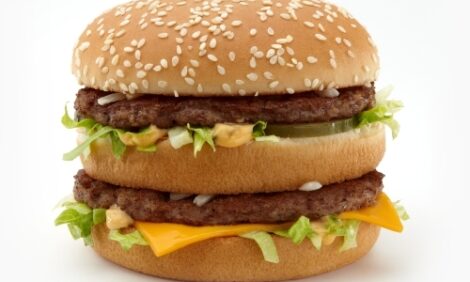



Let Creekstone test 100 percent of cattle
US - The Japanese government recently decided to reopen its market to U.S. beef. This decision will help U.S. beef producers and processors expand sales and contribute to U.S. trade, but only if we recognize the barriers we must overcome in order to regain the sales and market share lost when Japan banned U.S. beef in December 2003.Even though the Japanese have now reopened their market, it will not be an easy task for U.S. cattle ranchers and beef processors to regain all or a significant portion of our lost market share. Resistance to U.S. beef is still widespread in Japan. Even though we produce the best beef in the world, there still exists a perception that U.S. beef is not safe.
In addition, Australian and New Zealand suppliers have captured a huge market share over the past three years, and the Australians are spending millions of dollars promoting Aussie beef and even developing grain-fed products to compete with the American flavor profiles.
U.S. beef processors also are being forced to compete on unequal playing fields. The U.S. Department of Agriculture has refused to allow beef processors such as Creekstone Farms Premium Beef to voluntarily test 100 percent of the cattle it processes for bovine spongiform encephalopathy, or mad cow disease. BSE testing would immediately relax fears, particularly in Japan, and allow the United States to regain market share. Japan currently will only accept beef derived from animals 20 months old and younger. We hope this requirement will change, but it currently limits the availability of age-verified cattle. BSE testing, however, would eliminate the age issue altogether and put our available supply for Japan back to pre-December 2003 levels.
To continue reading this article please click here
Source: Whichita Eagle
TheCattleSite news desk


